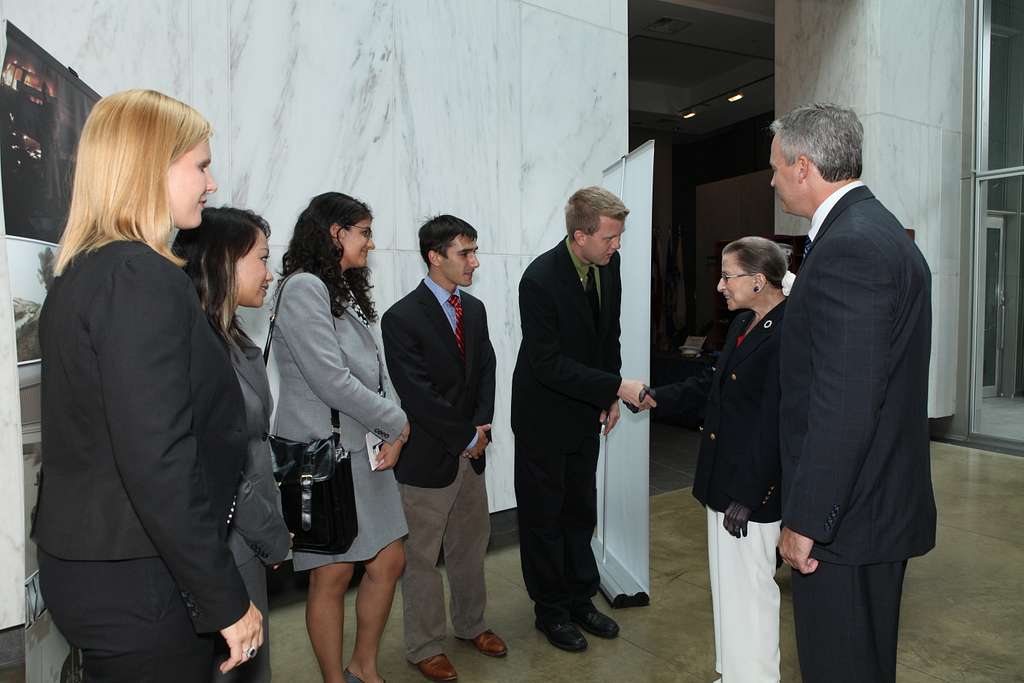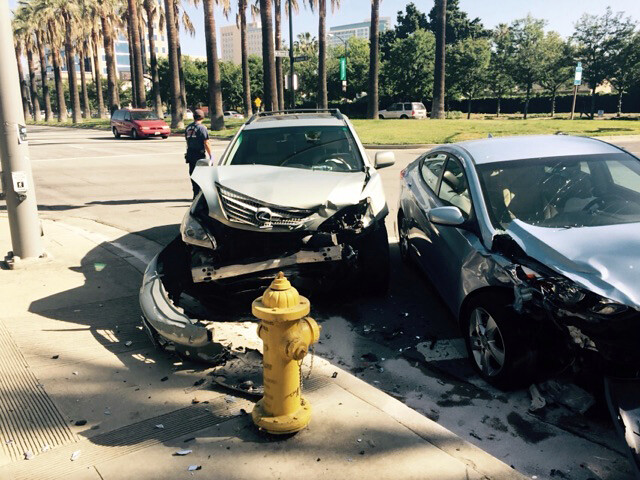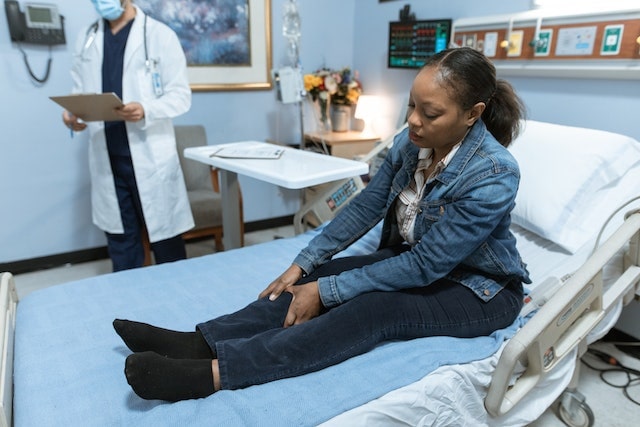In another care where I was the Respondent – I sometimes win these motions in the Civil Courts – Plaintiff appealed the finding of the Civil Court that I presented admissible evidence to demonstrate the supplies were not medically appropriate. However, you will not get the full history of the case from reading the opinion. I will give it to you here.
I moved for summary judgment on the basis that the supplies lacked medical necessity. The propounded medical evidence consisted of an affirmed peer report and the documents that were relied upon. A separate affirmation attesting to the fact that the peer review was the doctor’s executed document was not included. This was inadvertent on my part.
Plaintiff opposed on the sole ground that the peer doctor’s signature was faxed or computer generated.
I replied and included an affirmation of the peer review doctor saying otherwise.
Civil Court granted me summary judgment based upon my tendering of admissible evidence to demonstrate that the supplies were not medically appropriate.
Plaintiff appealed. His main contention on appeal was that the reply consisted of new evidence that should not have been considered. My answering brief said that Plaintiff was wrong, and I included cases that were on point.
The Appellate Term affirmed the finding of the Civil Court, but for reasons that were different from those of the Civil Court. The Appellate Term quoted a case that they decided after the submission of the briefs in the case, entitled “Eden Med., P.C. v Eveready Ins. Co.”.
Consequently, Plaintiff’s objections to the evidence set forth in the Reply was rendered academic since he failed to offer evidence stating that the peer reviewer’s signature on the underlying peer review was not holographic.
Ortho-Med Surgical Supply, Inc. v Mercury Cas. Co., 2010 NY Slip Op 50587(U)(App. Term 2d Dept. 2010)
“However, in the instant case, plaintiff’s mere conclusory assertion that the peer review report contained a stamped or facsimile signature, without any indication as to why [*2]plaintiff held such belief, was insufficient to raise an issue of fact (see Eden Med., P.C. v Eveready Ins. Co., 26 Misc 3d 140[A], 2010 NY Slip Op 50265[U] [App Term, 2d, 11th & 13th Jud Dists 2010]). In view of the foregoing, we need not consider any issues raised in defendant’s
reply papers.”












